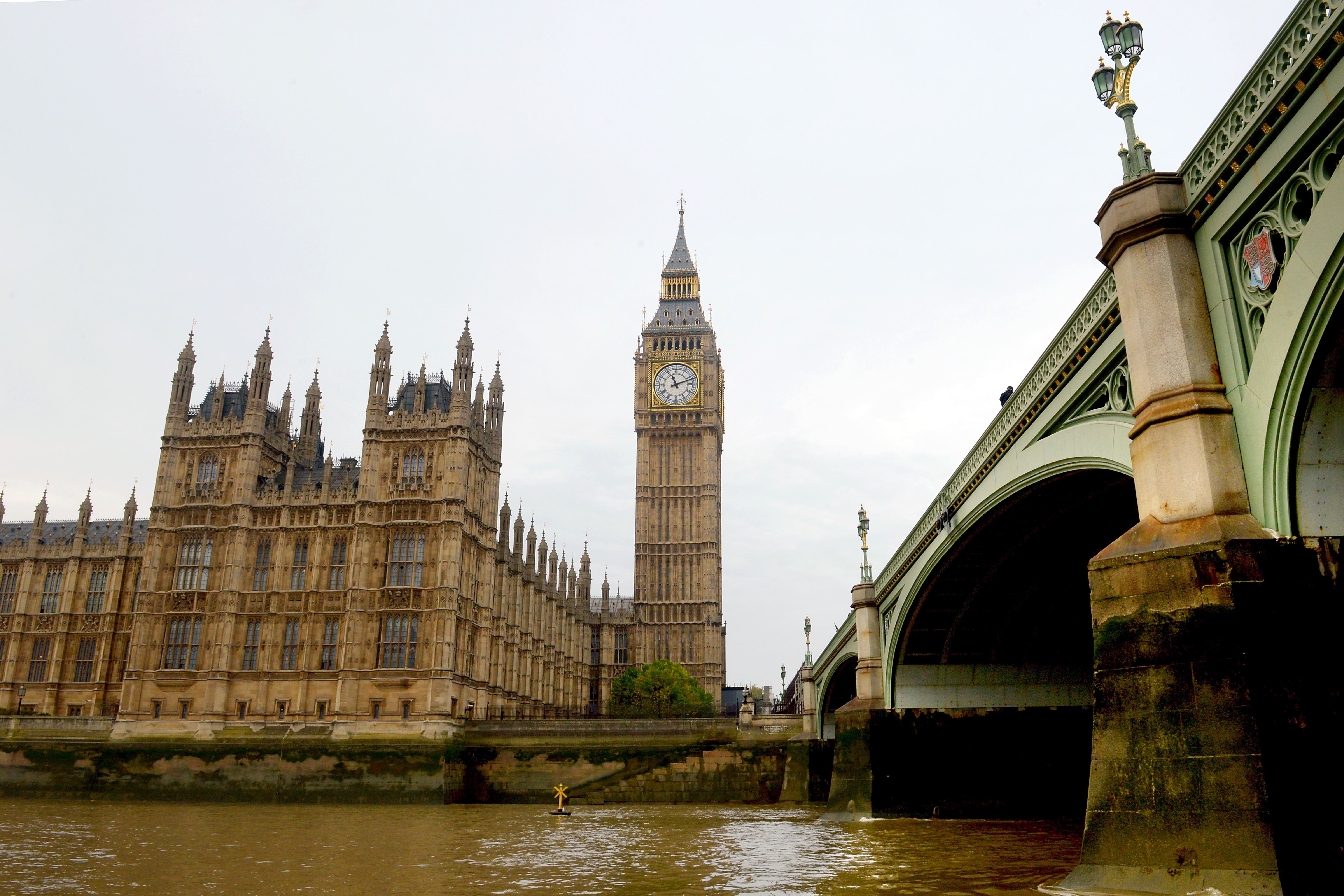Legacy Bill ‘not the way to address Northern Ireland’s past’
Ian Jeffers said that 25 years after the Belfast/Good Friday Agreement a process for reconciliation is needed.

Your support helps us to tell the story
From reproductive rights to climate change to Big Tech, The Independent is on the ground when the story is developing. Whether it's investigating the financials of Elon Musk's pro-Trump PAC or producing our latest documentary, 'The A Word', which shines a light on the American women fighting for reproductive rights, we know how important it is to parse out the facts from the messaging.
At such a critical moment in US history, we need reporters on the ground. Your donation allows us to keep sending journalists to speak to both sides of the story.
The Independent is trusted by Americans across the entire political spectrum. And unlike many other quality news outlets, we choose not to lock Americans out of our reporting and analysis with paywalls. We believe quality journalism should be available to everyone, paid for by those who can afford it.
Your support makes all the difference.The Government’s legacy Bill is not the way to deal with Northern Ireland’s past, commissioner for victims and survivors Ian Jeffers has said.
Mr Jeffers also called for a reconciliation process to be brought about on the 25th anniversary of the Belfast/Good Friday Agreement.
The controversial Northern Ireland Troubles (Legacy and Reconciliation) Bill is currently making its way through Parliament.
It has been almost universally opposed by victims’ groups, political parties and the Irish government over its proposals to provide immunity for people accused of crimes during the Troubles – as long as they co-operate with a new truth recovery body – and stop future court processes.
Days after Secretary of State Chris Heaton-Harris announced a public inquiry into the 1998 Real IRA atrocity the Omagh bombing, Mr Jeffers paid tribute to the families who had campaigned for it.
But he said it was a sad thing for victims that the Omagh families who campaigned for a public inquiry effectively forced the Government to act by taking a case to the High Court.
In 2021, a High Court judge in Belfast recommended that the UK Government should carry out a human rights-compliant investigation into alleged security failures in the lead-up to the attack.
The announcement by Mr Heaton-Harris last week prompted calls from the families of those killed in the Provisional IRA’s bombing of two pubs in Birmingham in 1974 to also grant them a probe.
Mr Jeffers said the Government is looking at the Omagh bomb separately because it happened after the signing of the Belfast/Good Friday Agreement and does not fall into the period covered by the proposed Bill.
“I think there is a concern among the victims’ groups with the legacy Bill now making its march through Parliament that it will get passed potentially, and they won’t have this opportunity to get effectively truth and justice, and that’s something we shouldn’t deny any of our victims,” he told the BBC’s Sunday Politics Northern Ireland programme.
“This is why the Government has said it will do Omagh because in effect it was after the date of the Good Friday Agreement so it has to be looked at separately, the legacy Bill wouldn’t take that.
“But the legacy Bill does close the route for justice particularly.”
Mr Jeffers said he shares the disappointment and anger of victims at the legacy Bill.
We're 25 years into the marking of the Good Friday Agreement and we haven't addressed the legacy of the past, and the Bill isn't the way to do that
He said from the moment he took up the victims commissioner post last May, he has been campaigning for the Bill to be scrapped.
“But the Government has shown that it is determined to push the Bill through,” Mr Jeffers said.
“It is to some extent listening, it has taken on board some amendments, potentially, time will tell if they actually adopt those amendments to improve what is a terrible Bill.
“But we still stand by, along with many other groups, that the Bill should disappear tomorrow, it is not the way to solve the past here.
“The Government has had two election manifesto pledges where they would effectively introduce an amnesty for veterans, and that is part of this, without a doubt. They’d effectively remove the opportunity for prosecution for anybody in a Troubles-related offence, if they exchange information.
“That’s something that we fundamentally disagree with.”
He added: “I think the Government will try and push this through … that will then give us a further challenge of how, if, do we engage, are there legal challenges to be had if people don’t get the opportunity for justice, and we’ll have to see how that progresses.
“In the middle of this, remember there are victims. We’re 25 years into the marking of the Good Friday Agreement and we haven’t addressed the legacy of the past, and the Bill isn’t the way to do that.
“This has to be a negotiated thing, it can’t be a Bill that is just foisted upon victims and survivors.”